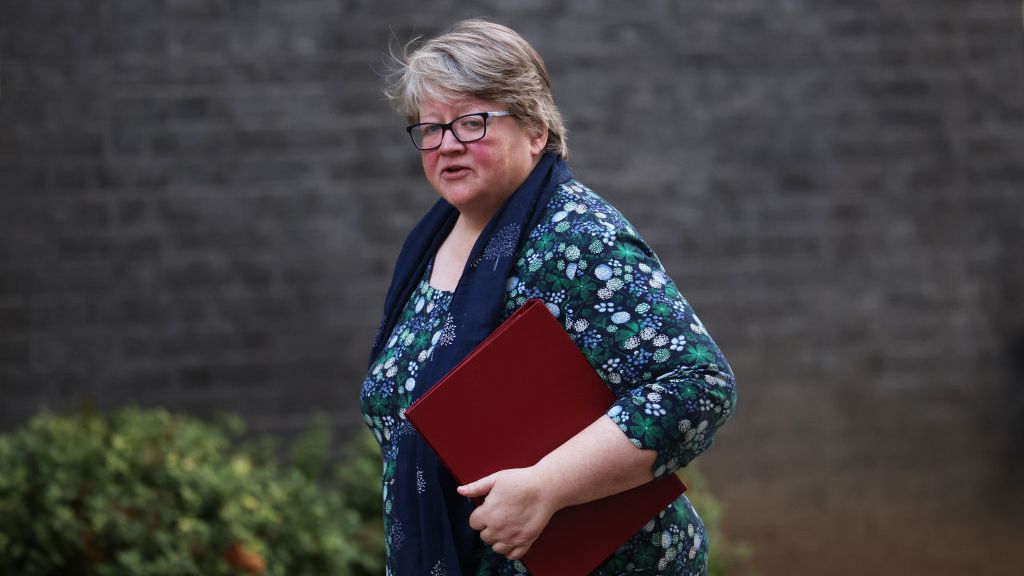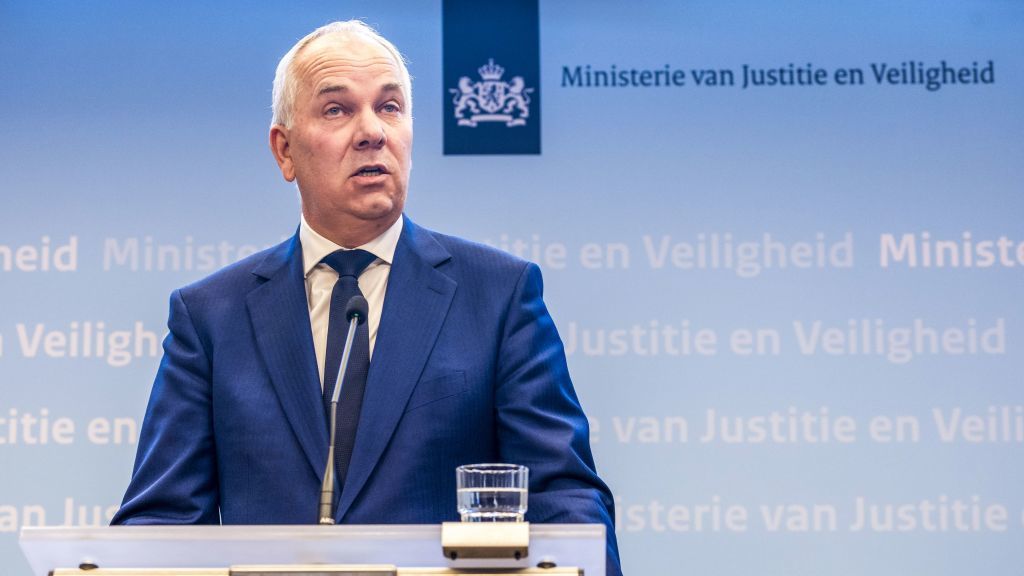Government reforms hint at SOCA end
SOCA may have been key in fighting cyber crime in the UK, but it could end up being swallowed by a new policing agency.


A new body called the National Crime Agency (NCA) could swallow up the Serious Organised Crime Agency (SOCA), if new Government plans get the go ahead.
SOCA has been involved in fighting cyber crime since its inception in 2006. However, proposals to shut it down are part of the Government's plans to reform the UK police service, with Home Secretary Theresa May launching a consultation on the potential changes.
Along with SOCA, the NCA would also take the Child Exploitation and Online Protection Centre and the National Border Command under its wing.
A number of Association of Chief Police Officers' duties and some National Policing Improvement Agency functions would be handed to the NCA as well.
SOCA came under fire last year for not doing enough to tackle cyber crime, after the body had the responsibilities of the National Hi-Tech Crime Unit folded into it.
The Police Central e-Crime unit also currently takes the fight to cyber criminals in the UK and recently arrested two London teenagers suspected of being behind an 8,000-member illicit online forum.
May said the NCA will "strengthen the fight against organised crime and toughen policing at the border".
Get the ITPro daily newsletter
Sign up today and you will receive a free copy of our Future Focus 2025 report - the leading guidance on AI, cybersecurity and other IT challenges as per 700+ senior executives
"I am also setting out how we will ensure police forces work more efficiently to strengthen the fight against crime while providing taxpayers with better value for money in these tough economic times," she added.
The new reform programme, named "Policing in the 21st Century: Reconnecting Police and the People," also proposed an election for police and crime commissioners to take place amongst the public in May 2012.
"By replacing invisible police authorities with directly elected police and crime commissioners, we can forge a direct link between the police and the public, ensuring that the public have a voice in setting police priorities and have the power to hold the police to account for keeping our streets safe and secure," Prime Minister David Cameron added.
Tom Brewster is currently an associate editor at Forbes and an award-winning journalist who covers cyber security, surveillance, and privacy. Starting his career at ITPro as a staff writer and working up to a senior staff writer role, Tom has been covering the tech industry for more than ten years and is considered one of the leading journalists in his specialism.
He is a proud alum of the University of Sheffield where he secured an undergraduate degree in English Literature before undertaking a certification from General Assembly in web development.
-
 Should AI PCs be part of your next hardware refresh?
Should AI PCs be part of your next hardware refresh?AI PCs are fast becoming a business staple and a surefire way to future-proof your business
By Bobby Hellard
-
 Westcon-Comstor and Vectra AI launch brace of new channel initiatives
Westcon-Comstor and Vectra AI launch brace of new channel initiativesNews Westcon-Comstor and Vectra AI have announced the launch of two new channel growth initiatives focused on the managed security service provider (MSSP) space and AWS Marketplace.
By Daniel Todd
-
 The UK cybersecurity sector is worth over £13 billion, but experts say there’s huge untapped potential if it can overcome these hurdles
The UK cybersecurity sector is worth over £13 billion, but experts say there’s huge untapped potential if it can overcome these hurdlesAnalysis A new report released by the DSIT revealed the UK’s cybersecurity sector generated £13.2 billion over the last year
By Solomon Klappholz
-
 "Thinly spread": Questions raised over UK government’s latest cyber funding scheme
"Thinly spread": Questions raised over UK government’s latest cyber funding schemeThe funding will go towards bolstering cyber skills, though some industry experts have questioned the size of the price tag
By George Fitzmaurice
-
 Threat of cyber attacks to national security compared to that of chemical weapons
Threat of cyber attacks to national security compared to that of chemical weaponsNews The UK government has raised the threat level posed by cyber attacks, deeming it greater on average than an event such as the Salisbury poisoning
By Rory Bathgate
-
 2022 Public Sector Identity Index Report
2022 Public Sector Identity Index ReportWhitepaper UK Report
By ITPro
-
 UK and Japan strike digital partnership to collaborate on IoT security, semiconductors
UK and Japan strike digital partnership to collaborate on IoT security, semiconductorsNews The two countries are also set to align their approaches to digital regulation to make it easier for companies to operate in each nation
By Zach Marzouk
-
 Defra's legacy software problem 'threatens' UK gov cyber security until 2030
Defra's legacy software problem 'threatens' UK gov cyber security until 2030News The department spends over two-thirds of its digital budget on maintaining the risky applications, with no plan in place for a fix within the decade
By Rory Bathgate
-
 Netherlands urges citizens to prepare survival kits in case hackers target critical infrastructure
Netherlands urges citizens to prepare survival kits in case hackers target critical infrastructureNews The latest campaign from the national coordinator for security echoes the growing concern in the UK government over serious cyber attacks
By Zach Marzouk
-
 UK police fails ethical tests with "unlawful" facial recognition deployments
UK police fails ethical tests with "unlawful" facial recognition deploymentsNews A University of Cambridge team audited UK police use of the tech and found frequent ethical and legal shortcomings
By Rory Bathgate